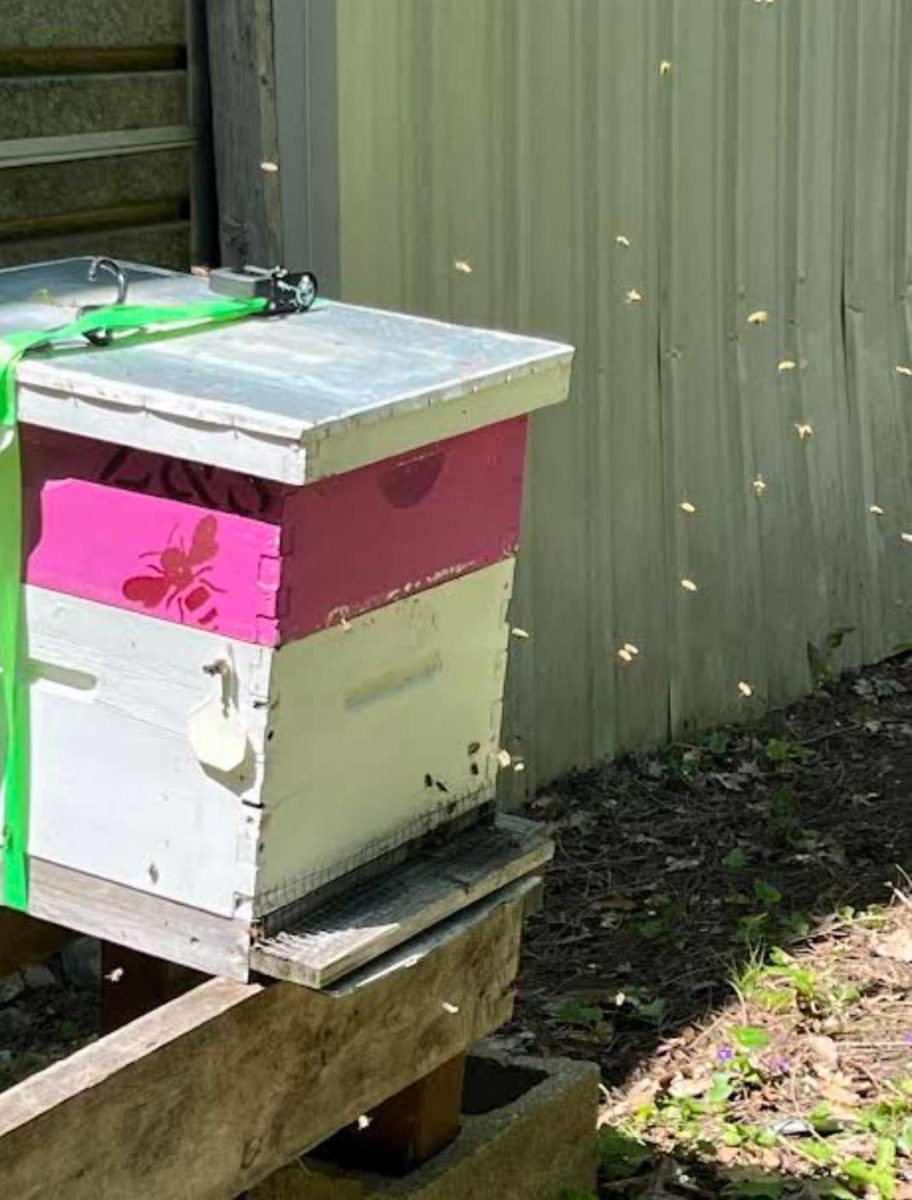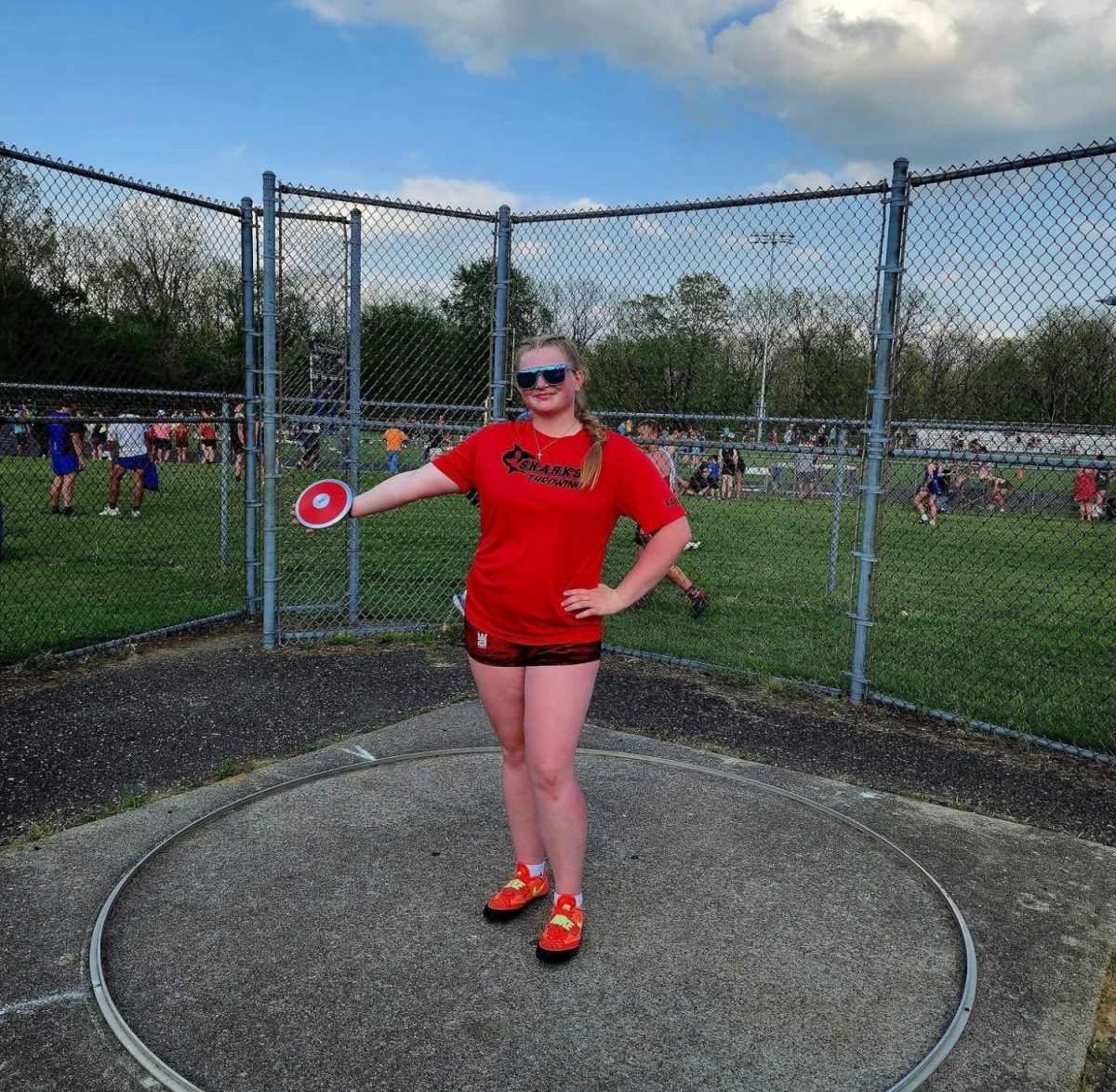Something many people might not know about the St. Louis High School physical education teacher Andrew Wawersik is that he’s also a beekeeper.
Wawersik shared, “Keeping bees had always been an interest for me, and then in 2020 when COVID happened there wasn’t a lot to do as most things were closed. So I decided to get into it, as I had a buddy who started keeping bees a couple of years prior. He helped to get me started and showed me the ropes.”
Working all year round, Wawersik and his friend house the bees in their backyards. While this is a hobby for Wawersick, he also enjoys the extra money.
Wawersik further exclaimed, “Overall, the experience has been pretty rewarding. There’s a lot to learn and sometimes if you do everything right you can still lose a hive, which can be very frustrating at times. I do enjoy it though, but there’s always more to learn.”
Being in Michigan, there’s extra things that beekeepers have to consider if wanting to keep bees. One must consider not just the climate itself, but also the effects that climate change has on Michigan. In an article titled “Michigan beekeepers say it’s a struggle to keep a hive alive” written by Patrick Bouman, Alta Walters mentioned “We have this period from the end of August or mid-September through November where it’s still warm, but nothing’s blooming. As a result, the bees are out flying and looking to forage and using energy. This uses up their winter stores of food for what is otherwise an unproductive endeavor.”
Wawersik later added, “I would recommend that before someone starts beekeeping, get stung by a honeybee first. Getting stung by a wasp/hornet/yellow jacket is not the same as a honeybee. Honey Bee stingers are barbed so after they pierce skin, the stinger detaches and the venom gets released. Wasp/hornet/yellow jacket stingers are smooth, making them much less likely to come out. Honeybees are much less likely to sting someone, but the stings hurt way worse. You have to be patient and understand that in your first two years, you’re probably not going to make a profit because you’re going to make many mistakes. Once you get things figured out, the money will follow, and you’ll be successful, but you must be patient.”
Beekeeping is a long process and takes several years of practice and experience. There are plenty of conditions that one would have to keep in mind. One is the changing of the seasons. Wawerisk gave some advice on that, mentioning, “During the summer months, the queen bee will lay worker bee eggs which typically live about 45 days or so. During the winter it’s a different kind of egg that lives about twice as long and doesn’t need as many calories/nutrients to sustain itself.”








